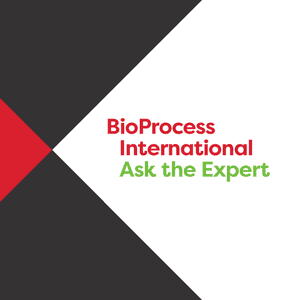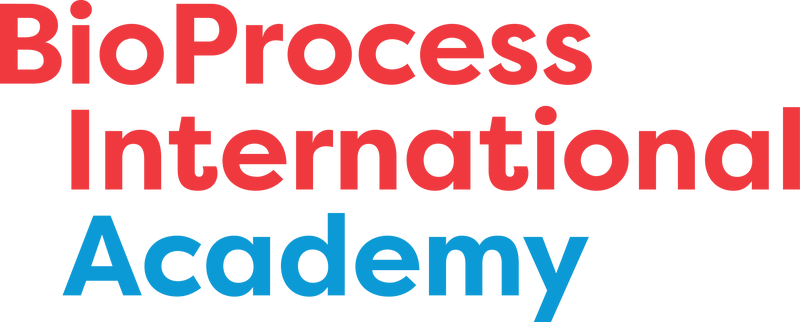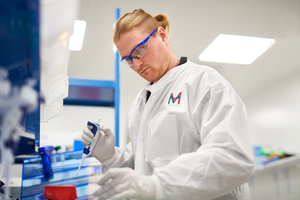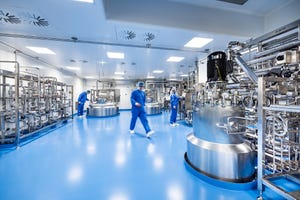Biopharmaceutical Characterization, Part 1: Biological Assays — A Conference Report
December 18, 2018
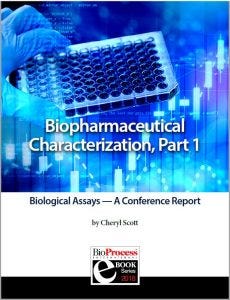 In late October 2018, KNect365 brought together more than 250 analytical specialists to discuss characterization of well-characterized biologics in Rockville, MD. Speakers from the US Food and Drug Administration joined experts from leading biopharmaceutical companies, service providers, and consultancies, including BPI editorial advisor Nadine Ritter (president and analytical advisor of Global Biotech Experts). She began the final day moderating a special town-hall session where audience members could pose their regulatory questions to a panel of FDA reviewers, and she ended that day serving on a panel herself to address the topic of bioassays for cell and gene therapies.
In late October 2018, KNect365 brought together more than 250 analytical specialists to discuss characterization of well-characterized biologics in Rockville, MD. Speakers from the US Food and Drug Administration joined experts from leading biopharmaceutical companies, service providers, and consultancies, including BPI editorial advisor Nadine Ritter (president and analytical advisor of Global Biotech Experts). She began the final day moderating a special town-hall session where audience members could pose their regulatory questions to a panel of FDA reviewers, and she ended that day serving on a panel herself to address the topic of bioassays for cell and gene therapies.
Ritter joined panelists Marina Feschenko (principal scientist in analytical development for biologics and gene therapy at Biogen) and Nancy Sajjadi (independent quality consultant) with moderator Bhavin Parekh (research advisor and bioassay group leader of bioproduct R&D at Eli Lilly and Company) to elucidate the relevant assay types and associated analytical challenges of cell and gene therapies. For products that rescue and/or replace diseased cells, they explained, an orthogonal array of bioassays is likely to be required for assessing complex functionality. The need to develop and validate rapid in vitro surrogate potency assays should be anticipated for certain types of products: e.g., those involving “bedside manufacturing,” those with limited amounts and short shelf lives, and so on. Some cell/gene products cannot be sampled without disrupting their three-dimensional integrity and potency, which greatly complicates efforts to characterize them.
That panel capped off a three-day conference track focused on bioassays. Speakers and attendees talked about applying new technologies and regulatory strategies to improve bioassay development and validation for both platform and complex/emerging biologics — with their attention focused especially on the chemistry, manufacturing, and controls (CMC) aspects of regulatory filings. The gathering had begun on Wednesday, 24 October 2018, with a day-long workshop led by David Lansky (president and principal statistician at Precision Bioassay, Inc.) on the use of statistical ideas to improve bioassay design, analysis, and validation. Lansky first introduced the statistical concepts needed for design and analysis of biological assays, then showed how exploiting those with practical considerations can improve such assays and optimize results.
Just fill out the form to download the entire eBook now.
You May Also Like
